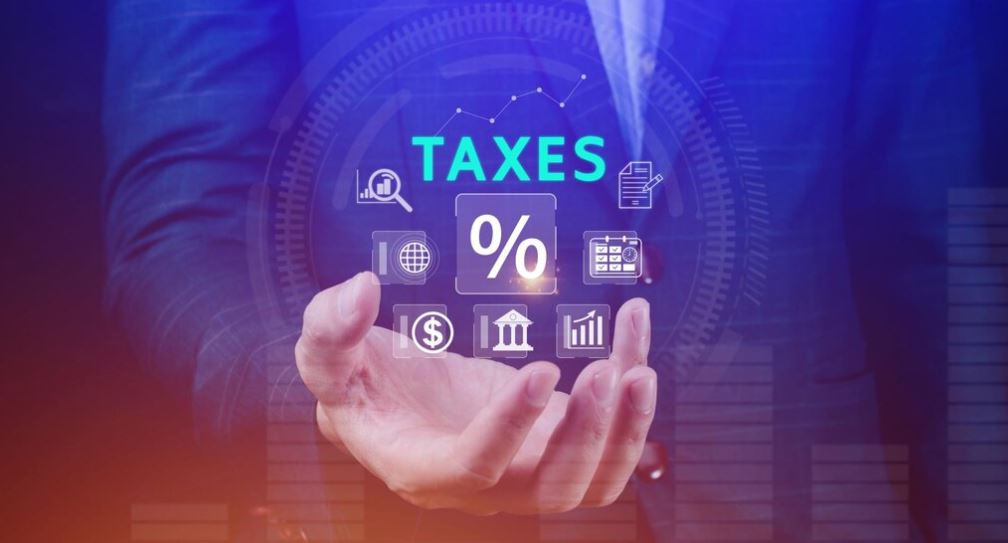Have you ever wondered how taxes impact our economy? Taxes play a crucial role in every economic system. They play a critical role in generating government revenue but also influence various aspects of economic growth, investment, and consumer spending. Let’s explore how taxes affect the economy and the balancing act involved.
The Positive Impact of Taxes
Funding Essential Public Services
One of the primary roles of taxes is to fund essential public services. These services include education, healthcare, and infrastructure. Imagine a country without schools or hospitals such a scenario would be challenging for both individuals and businesses. Taxes help ensure that we have well-funded schools that provide quality education, hospitals that deliver medical care, and infrastructure like roads and bridges that support economic activities.
Enhancing Infrastructure
Good infrastructure is vital for economic development. Taxes contribute to building and maintaining roads, bridges, public transportation systems, and communication networks. Improved infrastructure facilitates easier and more efficient transportation of goods and people. For businesses, this means lower transportation costs and better access to markets. For individuals, it means smoother commutes and better connectivity. All these factors enhance productivity and promote economic growth.
Supporting Social Stability
Taxes also help create a stable and predictable environment. With taxes funding social programs and safety nets, such as unemployment benefits and retirement pensions, people feel more secure. This security encourages both individuals and businesses to invest and spend, knowing that there are support systems in place during tough times.
The Drawbacks of High Taxes
Discouraging Investment
While taxes have their benefits, high tax rates can sometimes discourage investment. When businesses face high taxes on their profits, they might reconsider expanding or investing in new projects. Instead of reinvesting in their operations or hiring more employees, they might choose to keep their money or relocate to countries with more favorable tax conditions. This can lead to slower economic growth and fewer job opportunities in the higher-tax country.
Impact on Consumer Spending
High taxes can also affect consumer spending. When individuals have to pay higher taxes, they have less disposable income left for personal expenses. This reduction in disposable income can lead to decreased consumer spending on goods and services. For businesses, this means lower sales and potentially reduced profits. In turn, this can impact business growth and investment decisions.
Economic Efficiency Concerns
Another concern with high taxes is economic efficiency. Excessive taxation can lead to distortions in the economy. For example, high taxes on certain goods or services can reduce their demand, which might lead businesses to shift their focus to less taxed areas. This shift can create inefficiencies and misallocate resources within the economy.
Finding the Right Balance
Striking a Balance
Governments face the challenge of finding the right equilibrium. They need to collect enough revenue through taxes to fund essential services while avoiding excessive taxation that could hinder economic growth. Achieving this balance involves using a mix of different types of taxes.
Types of Taxes
- Income Tax: Income tax is charged on individuals according to their income. It is a progressive tax, meaning higher income earners pay a higher percentage of their income in taxes.
- Corporate Tax: This tax is paid by businesses on their profits. It affects how businesses allocate their resources and make investment decisions.
- Sales Tax: This is added to the price of goods and services at the point of sale. It influences consumer spending patterns and can impact business revenues.
Tax Policy Design
Governments need to design tax policies that are fair, efficient, and conducive to economic growth. This includes ensuring that taxes do not overly burden any particular group and that they are structured to minimize negative impacts on economic activity. For instance, reducing corporate tax rates might encourage businesses to invest more, while moderate income tax rates can ensure individuals have enough disposable income to spend.
Conclusion
In conclusion, taxes are a double-edged sword. On one hand, they are crucial for funding public services and maintaining infrastructure that supports economic growth. On the other hand, high taxes can discourage investment and reduce consumer spending, potentially slowing down economic progress.
Understanding how to balance these effects is key to crafting effective tax policies. Governments must manage tax rates and types carefully to support public services while fostering a healthy and growing economy. By finding this balance, we can ensure that taxes contribute positively to the economy without creating undue burdens on businesses and individuals.

